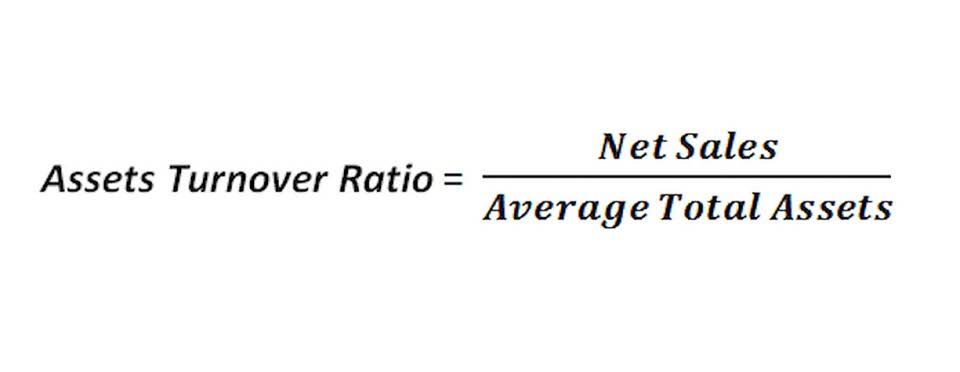
Free on Board (FOB) agreements define which party is liable for costs and risks and when they are liable. Furthermore, once the goods leave the port of origin, the seller Cash Flow Management for Small Businesses has limited control over the shipment and may face delays during transit. This can raise questions about their ability to meet delivery deadlines and is a significant risk for FOB Destination transactions.

What Are Incoterms? A Full Guide for Businesses and Importers

CIF is a more expensive contract option than FOB, as it demands more effort and expense on the part of the supplier. Understanding the differences between each is as simple as knowing how much responsibility the buyer and supplier assume under each agreement. If anything happens to the goods on any leg of the journey to the buyer, the supplier assumes all responsibility. For FOB shipping, you can get an FOB price estimate using Freightos.com’s International Freight Rate Calculator. When you are shipping loose cargo (ie, not a full container), for example, your goods must go through a Container Freight Station (CFS) to be consolidated into a container.
- The seller maintains ownership of the goods–and responsibility for replacing damaged or missing items–under the FOB destination agreement until goods arrive at their destination.
- FOB Destination is often preferred by buyers who want assurance that the goods are delivered safely and in good condition without bearing transportation risks or costs.
- The seller passes the risk to the buyer when the goods are loaded at the originating port.
- Thus, deciding whether to use F.O.B. Origin or F.O.B. Destination for the term of sale is just the beginning of the analysis.
- For legal implications and contract stipulations, consulting with a legal expert is recommended to ensure the appropriate FOB term is selected.
- Additionally, FOB Destination may be a good option if the buyer is located far from the seller or if they require expedited shipping.
What is the FOB Shipping Point?

FOB terms influence when buyers and sellers pass FOB shipping point journal entries and record transactions in their ledgers, impacting financial reporting and inventory management. Choosing FOB (Free On Board) shipping point as the basis for international shipping agreements offers several advantages for both buyers and sellers. Clearly defining the FOB shipping point in the sales contract removes ambiguity about when ownership and risk transfer. This enables a smooth handover between seller and buyer at assets = liabilities + equity the point of shipment origin. In this arrangement, the seller retains liability for the goods until they are delivered to the buyer. This means the seller bears the risk of loss, damage, or destruction during transit, which can impact their reputation and profitability.
Advantages and Disadvantages of FOB Shipping Point
Conversely, with FOB destination, the title of ownership transfers to the buyer once the goods reach the buyer’s loading dock, post office box, or office building. This means the seller retains ownership and responsibility for the goods during f.o.b. shipping point the shipping process until they’re delivered to the buyer’s specified location. Ultimately, the choice of FOB shipping term depends on the specific needs and requirements of the business.

บันทึกบัญชี แบบ Fob นำเข้าสินค้าจากต่างประเทศ

The FOB Incoterms® rule is only applied to goods transported by sea or inland waterway. Understanding FOB is crucial for small businesses as it affects who is responsible for the goods at different stages of the shipping journey. Unlike FOB shipping, the supplier is not required to ensure the safe movement from port to ship. For more information on shipping terms and best practices, refer to resources from the U.S. When you agree to receive items under FOB shipping point terms, it’s essential to be aware of your liabilities. Free on board is one of around a dozen Incoterms, or international commercial terms.
ข้อควรรู้สำหรับการส่งของแบบ FOB
- Comprehensive shipping contracts should include clear insurance terms to cover potential damages.
- International commercial laws standardize the shipment and transportation of goods.
- FOB is an acronym that means “free on board,” so FOB destination means free on board destination.
- With a CIF agreement, the seller agrees to pay the transportation fees, which include insurance and other accessorial fees, until the cargo is transferred to the buyer.
Realistically, it is quite difficult for the buyer to record a delivery at the shipping point, since this requires proper notification into the buyer’s inventory management system from an outside location. From a practical perspective, recognition of receipt is instead completed at the receiving dock of the buyer. Thus, the sale is recorded when the shipment leaves the seller’s facility, and the receipt is recorded when it arrives at the buyer’s facility. This means there is a difference between the legal terms of the arrangement and the typical accounting for it. Since the buyer takes ownership at the point of departure from the supplier’s shipping dock, the supplier should record a sale at that point. Also, under these terms, the buyer is responsible for the cost of shipping the product to its facility.
- Of the 11 different incoterms that are currently used in international freight, Free on Board (FOB) is the one that you will encounter most frequently.
- CIF means “cost, insurance, and freight.” Under this rule, the seller agrees to pay for delivery of goods to the destination port, as well as minimum insurance coverage.
- The shipper will generally register a sale as soon as cargo leaves its shipping pier, irrespective of the delivery conditions.
- The Incoterm F.O.B. term of sale will not be discussed here; however, it is very important that the reader not confuse the two terms.
- So, try Upper’s 7 days free trial and experience a faster, more reliable, and cost-effective movement of goods across your logistics operations.
- Until the products arrive at the buyer’s location, the seller maintains ownership and is liable for replacing any damaged or missing items under the terms of FOB destination.
Navigating Incoterms in Global Trade
F.O.B. shipping point supports this by allowing businesses to manage their shipping processes more effectively and adapt to fluctuating market demands. Including precise F.O.B. shipping point terms in contracts is essential to prevent legal disputes. Clearly outline responsibilities and transfer of ownership to ensure compliance with applicable laws and regulations.
